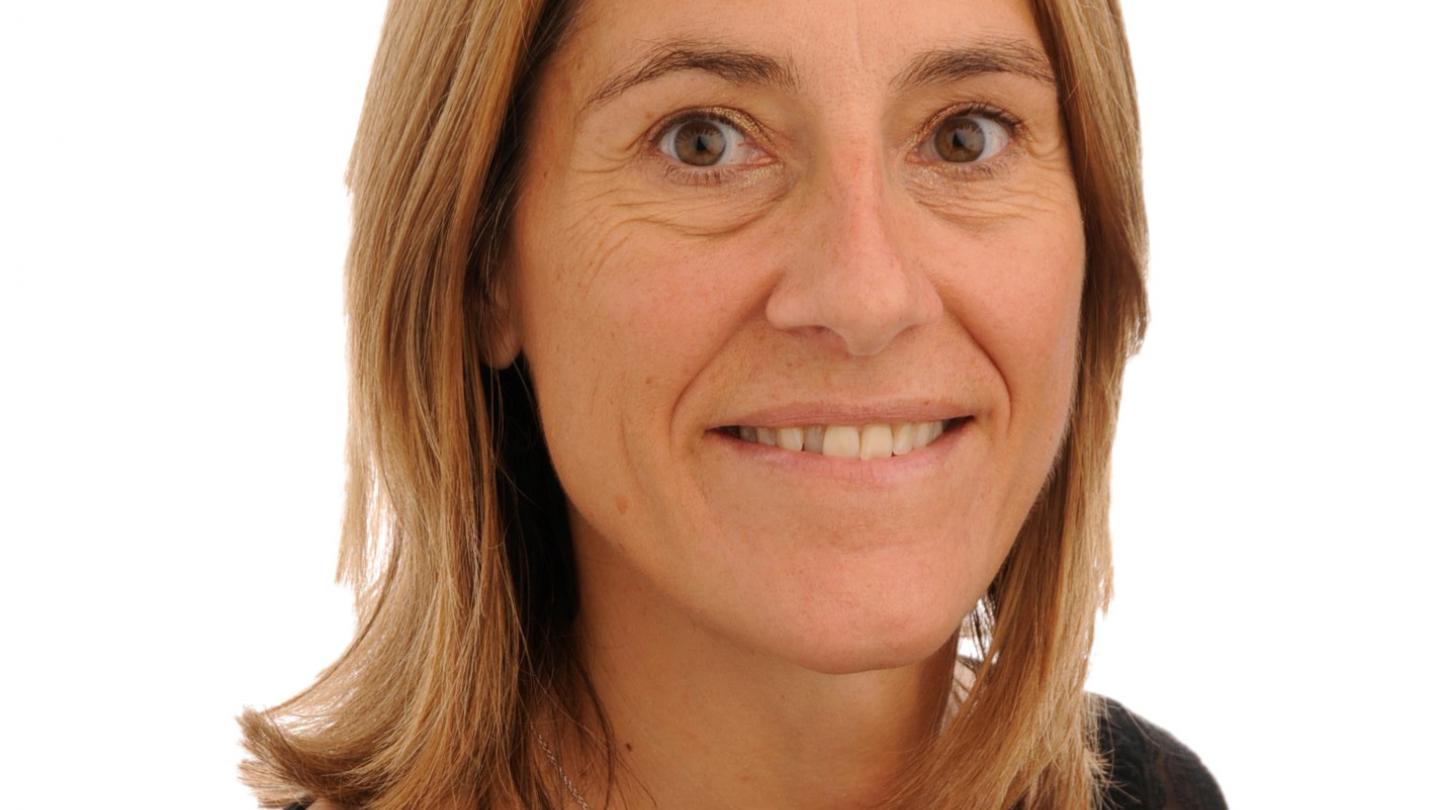The EU has set out its objectives for the digitalisation of its economy. New technologies have the potential to support the integration of capital markets, improve the provision of financial services and make them more efficient for the benefit of companies and citizens.
New business models in which the distribution of financial instruments through intermediaries such as banks is complemented by more direct access through FinTechs such as financial technology firms.
An open finance framework will support capital markets and add value for consumers and companies. This framework should give consumers more choice and access to products that best fit their investment preferences, including as regards sustainability, while allowing them to keep control over their data. Open finance could also have a positive impact on access to funding for SMEs.
Open finance framework
Together, the Data Act and the upcoming PSD3, the proposed regulation of the European Parliament and Council on a framework for financial data access, known as Fida, which was adopted on 28 June 2023, creates an open finance framework. This framework aims to allow data to be shared and reused by financial institutions for creating new services, provided that customers agree and are subject to data protection rules and clear security safeguards.
Fida provides rules on the access, sharing and use of certain categories of customer data in financial services. Financial institutions are then considered as data users and/or data holders. Based on a survey published by ABBL and Deloitte in Luxembourg in January 2024, 39 percent of the credit institutions position themselves as both users and holders.
Data access
Based on Fida provisions, data holders must provide access to data at the request of the customer. Additionally, based on the customer’s permission, data holders will also allow the sharing of that data, to data users (i.e. other financial institutions).
In return for fair compensation, data holders are responsible to implement the dashboard through which the customers will have access to their data. They are also responsible for the quality of the dashboard and the connecting of the dashboard to the financial information service providers.
In that respect, consistent standards of API do not currently exist. This lack was already identified as a weakness hindering the effectiveness of PSD2. The issue remains crucial as the API developed in relation to open banking cannot be used in the open finance framework. To address this point, Fida provides for an obligation for data holders and data users to adhere to at least one financial data sharing scheme, which would be associated with a set of rules and modalities with which its members would be obliged to comply when exchanging data bilaterally with one another.
Skills and competencies
Another challenge of Fida is skills and competencies.
According to a study for the European Parliament’s Economic affairs committee issued in October 2023, this is expected to be a persistent problem for multiple reasons. “First, EU competence for education and training is limited, so the responsibility falls largely to the Member States. Second, it is not sufficient merely to train workers – it is equally important to retain them. The brain drain to the USA and to other parts of the world has posed a challenge. And third, even in the best of circumstances, it will take time to train enough workers sufficiently.”
The most appropriate solution to address this issue is obviously education, training and re-training, and facilitating entry from skilled and carefully vetted professionals from third countries, as per recommendation by the parliament’s committee.
Hence, open finance requires the building of a new ecosystem, necessary for its success and above all requires a cultural change for the customers who need trust and confidence in the ICT infrastructure in order to recognise the value added by the open finance.
Dorothée Ciolino is a commercial, corporate and IT lawyer based in Luxembourg at Norton Rose Fulbright. The law firm is a knowledge partner of Investment Officer Luxembourg.

















